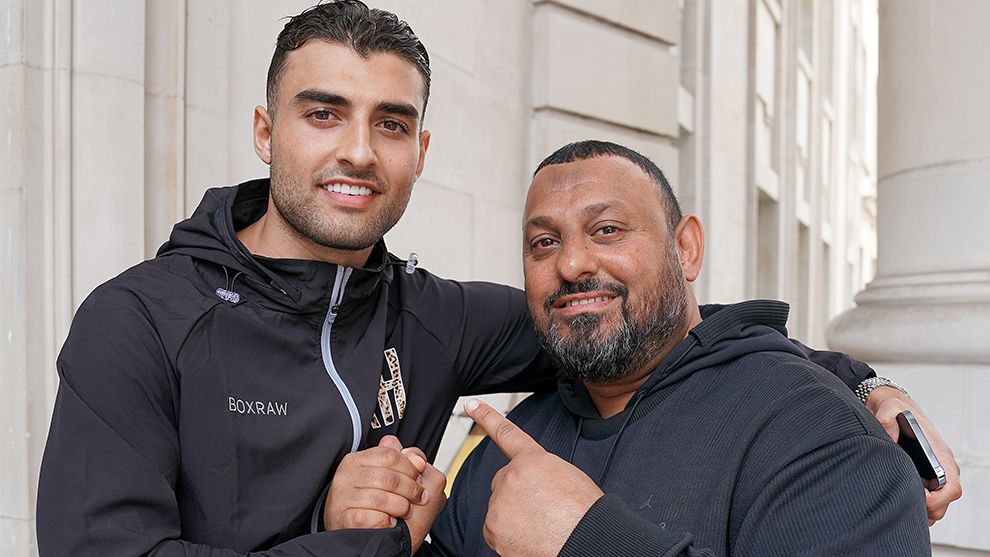Twenty-one years ago, I accompanied my dad to London Docklands to witness Naseem Hamed’s final boxing match. Little did we know at the time that it would be his last fight. As the fight progressed, it became increasingly evident that Hamed’s career was coming to an end. The crowd around us began chanting for Bruno, signifying that we might have seen the last of the “Prince”. Hamed was only 28 years old at the time, which seemed old to me then, especially considering his performance that night against Manuel Calvo and his previous loss to Marco Antonio Barrera. However, as I grew older, I realized that 28 is still young, not just in boxing but in general. I now find it remarkable that Hamed was able to retire at such a young age without completely falling apart, unlike many others. Now, twenty years later, Hamed has returned to the boxing world, but not as a fighter. He is back to oversee the professional career of his 23-year-old son, Aadam, whose debut will take place in Poland on August 26. Due to his famous surname, Aadam Hamed’s debut holds more significance than a typical debut. It will be a chief support bout for a world heavyweight title fight and will be seen as a continuation of his father’s legacy. This trend of sons following in their fathers’ footsteps has become increasingly popular, possibly due to the rise of social media and the ability to build personal brands. Other examples include Chris Eubank Jnr and Conor Benn. However, cautionary tales like Hatton Campbell serve as a reminder that rushing into the spotlight can be detrimental to a boxer’s development. It remains to be seen how Aadam Hamed will be guided and moved, considering the differences between him and his father. While having a famous surname undoubtedly brings attention and opportunities, these boxers are also shaped by their own experiences and upbringings. Unlike their fathers, who relied on hardship and struggle to enhance their performance, the sons of champions may be weakened by their privileged upbringing. They are soft in comparison. As time has passed, my perspective on fighters and their backgrounds has shifted. I used to believe that all fighters came from extreme poverty, something I had never experienced. Now, I see the sons of fighters as privileged in a way that I, born into a working-class family, have never been. Similarly, I now view fatherhood differently. After watching Hamed’s final fight, my dad took me to my first boxing event, going out of his way to make it happen. It is with age that I have come to appreciate the sacrifices my father made for me, realizing that his accomplishments as a firefighter far outweigh those of any boxer. One can only hope that the sons of great boxers understand and appreciate the efforts of their own fathers, and that they have received more than just a famous name and a head start.
Source link
